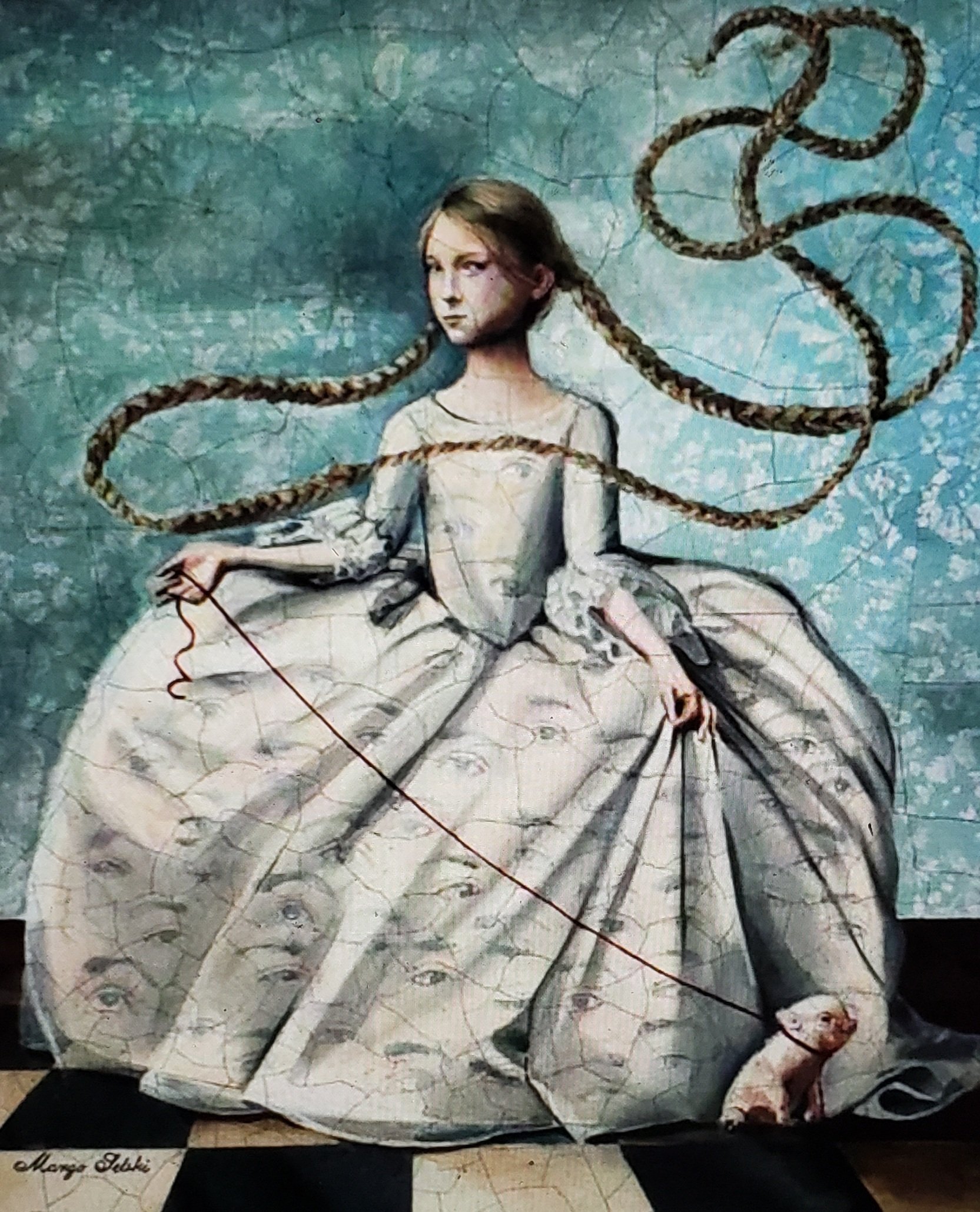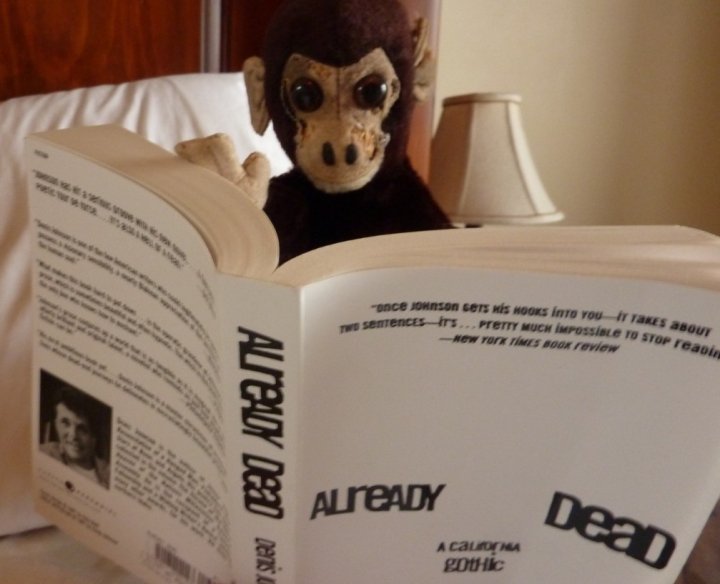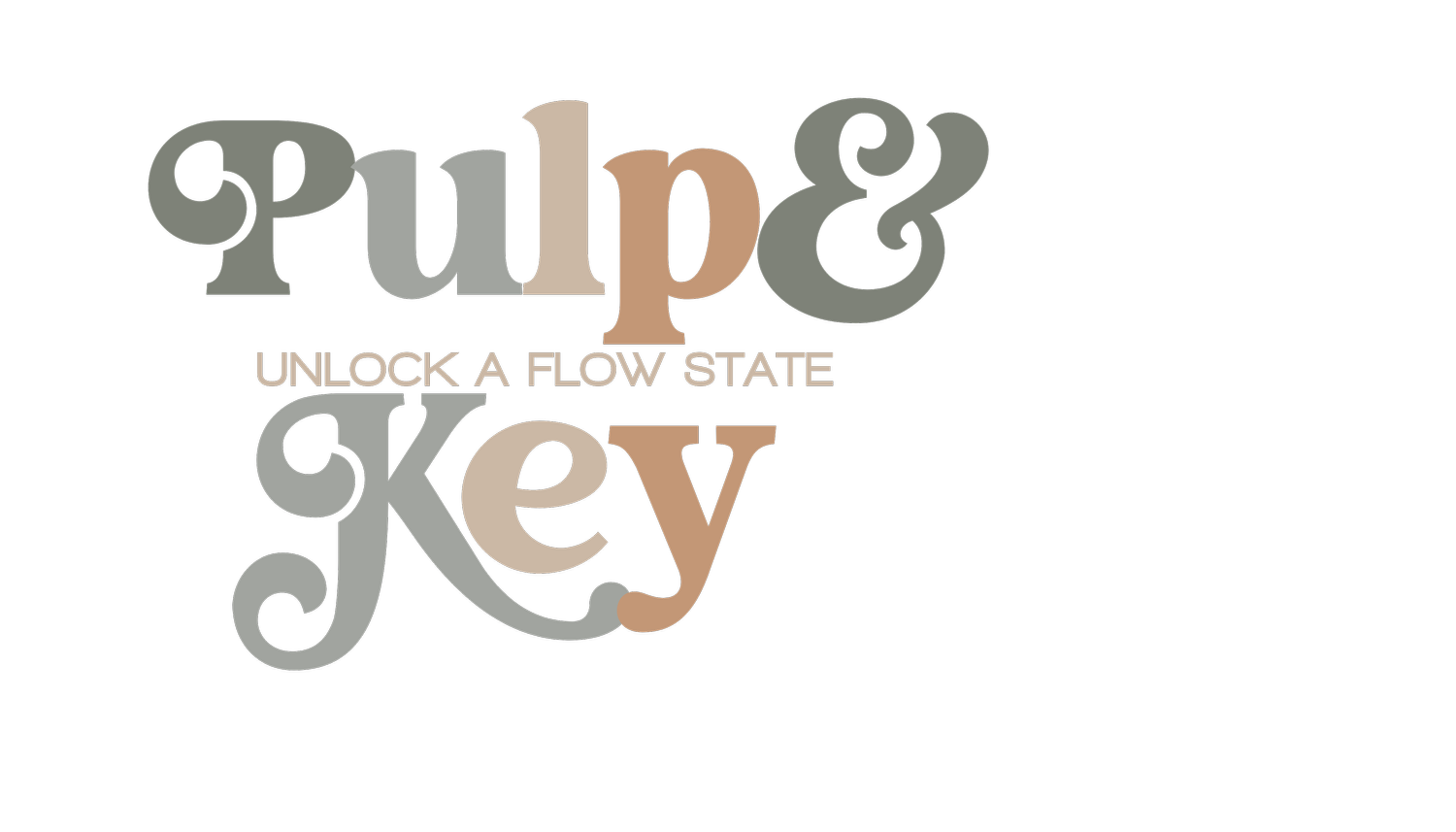
Activate a flow state. Writing Coaching for frustrated geniuses.
Clemintine Guirado works intensively with a handful of select clients locally and internationally. One size does NOT fit all.
-

Writing Coaching with Clemintine Guirado
Every writer has their own unique background, nervous system, energetic blueprint, and individual “operating system.”
There are also different stages and challenges in a writer’s life. The scared beginning writer, the organizationally challenged writer, the advanced but unpublished writer, the blocked professional writer, and the late blooming writer—all crave a flow state, but tend to require different approaches to achieve it.
I know, because I have experienced most of these categories. Researching and learning how to access a flow state has been my life’s work, and I love to share what I have discovered!
-

The Beginning Writer
My teaching is always informed by what I wish I had been taught as a novice fiction writer—and that was primarily craft and technique: the nuts and bolts of scene and summary, how to convey character’s thoughts, how to write beginnings and endings, how to handle time, how to create a protagonist with agency (a main character that makes things happen instead of passively being acted upon).
I fancied myself a writer since I was nine or ten, but when I started my MFA in Creative Writing, I still didn’t understand what an epiphany was or how it should look on the page. I would just fake it by having my character look off in the distance while insects darted about atmospherically.
Now I know that short stories, while they may have a multitude of different conflicts, all end one of two ways: the character either comes to realize (this is by far the most common ending) or they fail to realize.
Generally this moment involves either a meaningful gesture or a symbolic object (sometimes both). In the case of symbolic objects, you have to weave them in from the beginning or they seem cheesy. (Check out the book Building Fiction by Jesse Lee Kercheval for clear instructions on the structure of a short story.)
I wish someone had told me this upfront, as it would have spared me many a terrible ending.
When beginning writers are blocked, it’s usually either because they don’t feel they have permission to write about their subject—or because they don’t yet have the tools.
Achieving a flow state requires a feeling of confidence in one’s medium. If you don’t feel competence in your craft, you can feel frustrated and stuck. Over time, I have developed shortcuts to get my students proficient quickly in the basic elements of fiction.
-

The Organizationally Challenged Writer
Did the birds eat the breadcrumbs that were supposed to lead you out of the German forest?
Do you envy organized people with an innate grasp of structure and strapping writerly self-esteem? Does your novel overwhelm you to the point of meltdown?
Are you an idea factory but not a closer? Are choices, decision making, outlining ,and plotting painfully hard for you?
If you wonder how other people concentrate and are you worried that something might be wrong with your brain—you might be right! Or rather, something might be different with your brain.
If you didn’t grow up with ADHD but sometimes question if you have mysteriously acquired it as an adult, it is possible that your prefrontal cortical functioning has been affected. This can happen from exposure to trauma. Fear circuitry abnormalities from post-traumatic stress syndrome can affect your focus and clarity. This is more common than you might imagine and a type of writers’ block that is often misunderstood.
Many people have been experiencing trauma and focus issues for the past three years, but if you have been struggling for a decade with profound organizational issues, anxiety, depression and shame around your novel—it’s time to investigate.
During coaching, I provide support as we explore how your emotional and/or neurological blocks affect your writing. We’ll look at concrete strategies and craft techniques like retro-outlining, Oulipo, short-shorts, sprints, and triage; as well as using more radical hacks, like shamanisma-based synopsis, gamification, and consciously rewiring your neural networks.
Our goal is to leave you with a bag of tools (key, map, axe, etc.) and give you the confidence, clarity, and structure to continue.
-

The Unpublished Writer
Extremely talented writers can suffer from writer’s block or from organizational challenges.
Some brilliant writers are unpublished because they have skipped certain steps—while their work might be quite elevated, they need to master essentials that are required to polish their work for the market.
For example, in a novel there are two important things going on: what the writer cares about and what the reader cares about—frequently, these are not the same!
I teach writers how to identify the difference. We learn techniques like redistributing rather than killing your darlings, how to plagiarize in a healthy manner, as well as unique hacks like “throwing the dog a bone.”
-

The Blocked Professional Writer
You’re published, you know your craft, you know the obvious techniques and solutions, but you are experiencing an obstruction you can’t seem to get past—maybe you’re blocked; maybe you’re trying to make the leap from one genre to another; maybe you’re recovering from pandemic brain, brain fog, trauma, or some mysterious miasm.
Even successful writers sometimes experience creative wounds, boredom, block and book-sabotage.
Sometimes you have to approach writer’s block sideways.
You already know that walking has some (modest) benefits to the blocked writer, but did you know that singing lessons (even if you suck) are good for writers’ block? Or breathing techniques?
If nothing normal is working, it’s time to get weird. As a blocked writer, I tried everything—so you don’t have to.
Consider opening the door to off-the-beaten-path practices that help you achieve a flow state: Human Design, energy work, meditation, MAP Method, Eric Morris Method, and other tools designed to unblock the energy centers for creativity, expression, security, heart and vision.
Let’s identify your unique core issues, brainstorm hacks and solutions, and restore your faith to continue.
-

The Late Blooming Writer
This is me and my friend Daphne, both late bloomers.
Chronologically older writers sometimes feel that they are starting (or coming back) too late—that what they’re doing is futile or even embarrassing. Fortunately for us, writing is not like tennis—it’s a sport that favors life experience.
Toni Morrison wrote her first novel at 39. Richard Adams wrote Watership Down at the age of 52. Frank McCourt first published at 60.
Lorrie Moore in a 2018 interview in the Guardian, said:
“I always think that writers have until they’re 80…there are really no literary prodigies…I’m using Munro as an example. I don’t think we’re going to hear from Alice Munro much any more, but she did a lot of work up until she was 80. So I’ve …” – she laughs at the absurdity of it – “got 19 more years.”
In my own experience teaching and coaching, I have found that writers in their 60s and 70s who have been avid readers, learn craft much faster than writers in their early twenties.
With older writers, there is frequently a humility, an understanding that craft takes practice and work.
And…sometimes it’s helpful if your parents are dead! There is no longer anyone to embarrass or impress.
You may be returning to your writing after experiencing creative trauma (that teacher who said you sucked) or self-repression because you didn’t want your family to read your thinly veiled autobiography.
My own family was Southern California Gothic—ghosts, shut-ins, murderers, pedophiles, wax-figure makers—the whole shebang. One aunt warned me not to write about it. Another relative told me I would never finish and that I should give up.
For those of us who grew up in crazy or conflict-filled families, that subject matter is not something to lock away—it’s our inheritance—it’s writers’ gold.
I believe that the creative writing process (at any age) is a noble act and never a waste of time, regardless of whether you end up being a Toni Morrison or a Richard Adams—even a writer typing alone at their desk is subtly affecting the world—sending ripples out into the cosmic web.
Writing fiction grows positive neural pathways, engages you in making meaning, and when you’re lucky, it creates a flow state.
~Clemintine Guirado
Fees:
Coaching rate: $250
For coaching and class discounts, please inquire about packages, trades, and need-based scholarships.
Manuscript reading and evaluation (80,000 to 100,000 words): $2000
Ghostwriting (profile articles and small sections of memoir and fiction only): $500 an hour
Copy editing and proofing: these services are not offered, but Maw Shein Win is highly recommended.
